Macron speaks out, sparks controversy in ranks of EU
Recent remarks by President Emmanuel Macron of France regarding China's sovereignty over the self-ruled island of Taiwan and the notion that being a US ally did not mean being a "vassal" have sparked controversy among the ranks of the 27-nation trade union.
In remarks on Thursday, German Defense Minister Boris Pistorius criticized Macron’s warning against Europe being a “vassal” of the United States as “unfortunate.”
“I found this comment unfortunate but I think the Elysee Palace has corrected it somewhat.” Pistorius said.
"We have never been in danger of becoming or being a vassal of the United States."
On Thursday, Poland's Prime Minister Mateusz Morawiecki also accused Europeans of making a potentially historic mistake by seeking greater ties with China.
"Short-sightedly they look to China to be able sell more EU products there at huge geopolitical costs, making us more dependent on China and not less," the Polish premier said on a visit to Washington. "You cannot protect Ukraine today and tomorrow by saying Taiwan is not your business," he said, paraphrasing Macron without naming him. "I think, God forbid, if Ukraine falls, if Ukraine gets conquered, the next day China may attack -- can attack -- Taiwan," he said.
Alluding to Macron's comments about a more multipolar role, Morawiecki scoffed. "European autonomy sounds fancy, doesn't it? But it means shifting the center of European gravity towards China and severing the ties with the US," he said. "I do not quite understand the concept of strategic autonomy if it means de facto shooting into our own knee."
"Some European countries are trying to make the same mistake that was made with Russia -- this dramatic mistake" of dependence, he said.
At the weekend in an interview, the French president said Europe should not be a “follower” of either Washington or Beijing or get caught up in any escalation over Taiwan. He stood by his comments on Wednesday on a visit to Amsterdam.
"Being an ally does not mean being a vassal... doesn't mean that we don't have the right to think for ourselves," Macron told a press briefing in Amsterdam with Dutch Prime Minister Mark Rutte on Wednesday.
The French president said his country still backed the "status quo" on the self-ruled island of Taiwan.
Rutte, for his part, said he agreed with Macron that Europe "must be a player and not a playing field."
Macron has already said Europe should not be a "follower" of either Washington or Beijing or get caught up in any escalation. He said French and European policy on Taiwan "has not changed" despite the furor over his remarks to Politico and Les Echos in which he backed Europe's strategic autonomy. "France is for the status quo in Taiwan" and a "peaceful resolution to the situation."
Former US President Donald Trump has said "Macron, who's a friend of mine, is over with China, kissing his ass."
Macron replied that he had "nothing to say about the comments by Trump because he is taking part in this escalation".
EU seeking autonomy from EU
History suggests there have been numerous failed attempts at forming autonomous EU military capacity over the past years.
The United States on numerous occasions even fought such efforts: For instance, when then UK Prime Minister Tony Blair and French President Jacques Chirac signed an agreement in 1998 at Saint-Malo to form a European military force, the Clinton administration argued it would render NATO “a relic of the past.”
Washington's opposition to integration remained for nearly the next two decades. In 2018, the Trump administration denounced plans for an EU army.
The history of failed attempts pushed Macron and then German Chancellor Angela Merkel to avoid making specific promises when proclaiming their support for a theoretical future EU military capacity in 2018. Even the 2019 French-German Aachen Treaty, which Merkel hailed as a step towards the EU army, did not include any explicit steps towards forming an EU army.
Despite such setbacks, some European interest in military integration remains—even in the form of smaller goals to strengthen European sovereignty—because of the United States’ wavering commitment to Europe.
We avenge the innocent until our last breath: Iran's parl. speaker
170 students, teachers martyred in ‘deliberate’ strikes on Iranian schools: Minister
Iran’s air defense systems down six advanced Hermes drones
US defenses overwhelmed by Iran’s drone and missile barrages: WSJ
IRGC says second US THAAD anti-missile unit destroyed
CNN journalists abducted by Israel while reporting on damage from Iranian strikes
Iran denies attacks on Oman as it warns of US-Israeli ‘false-flag’ ops
Iran knows where Netanyahu convenes his meetings: Ex-IRGC chief


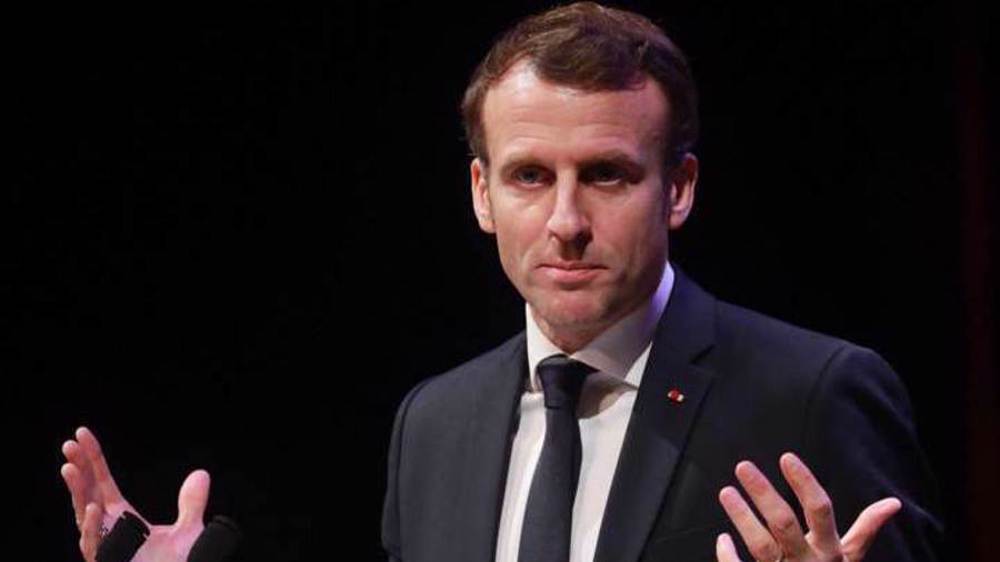
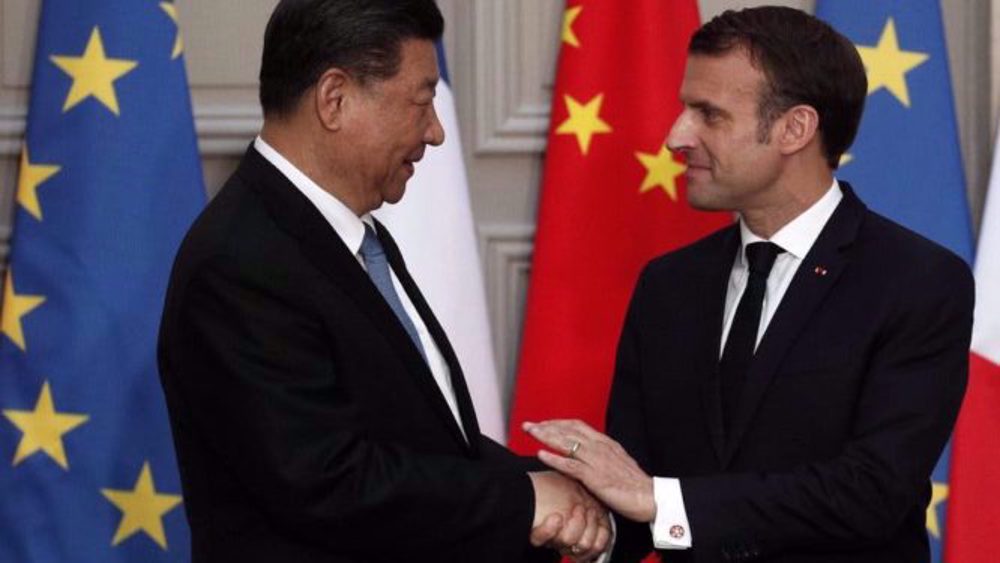
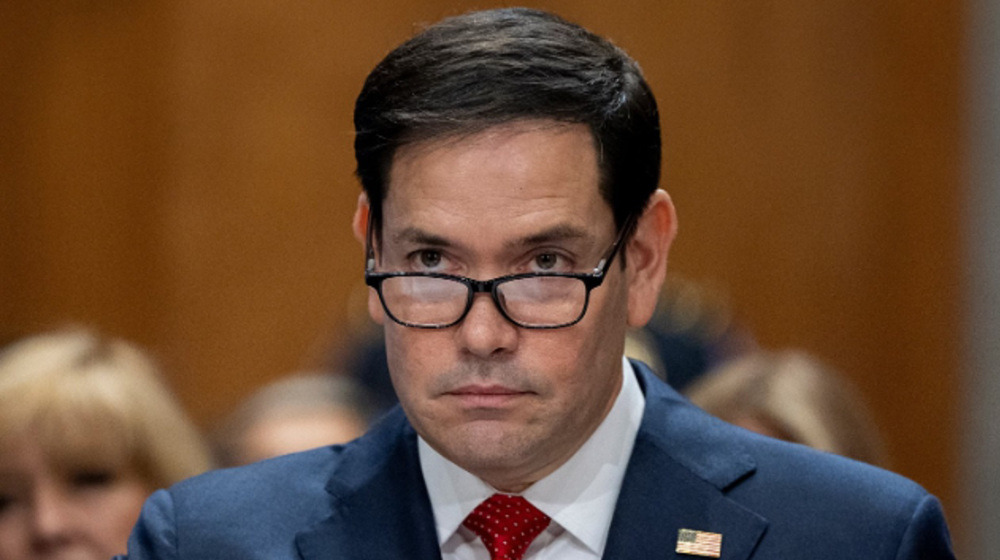
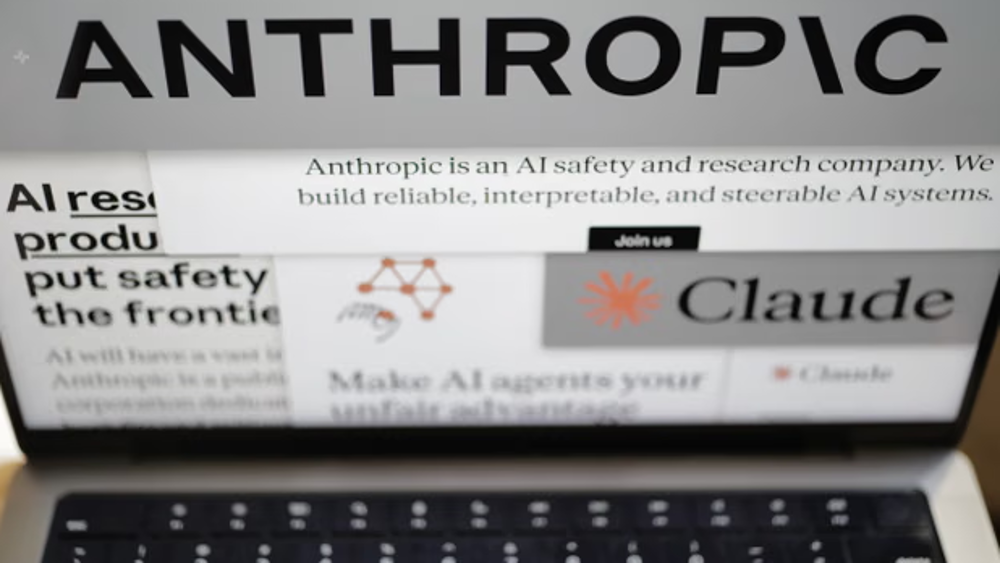
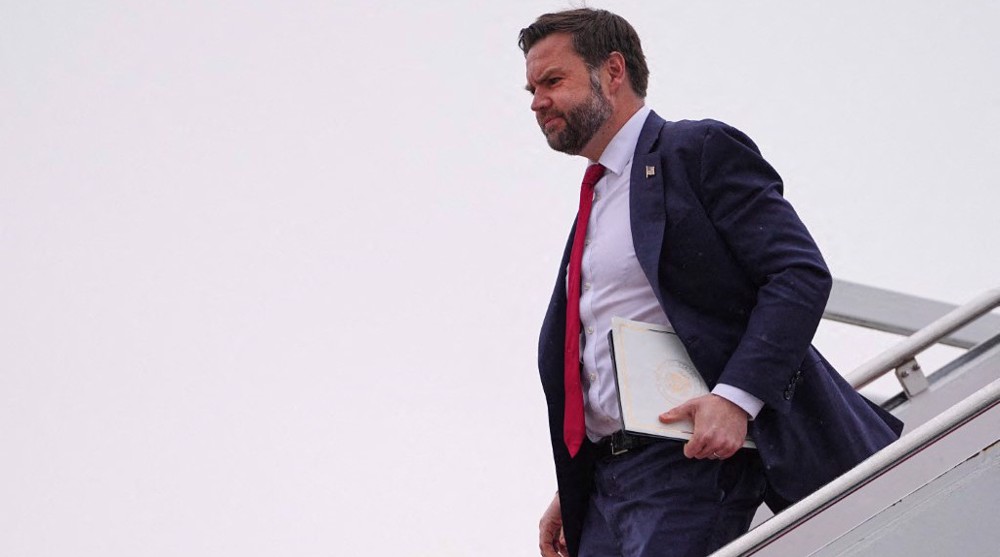





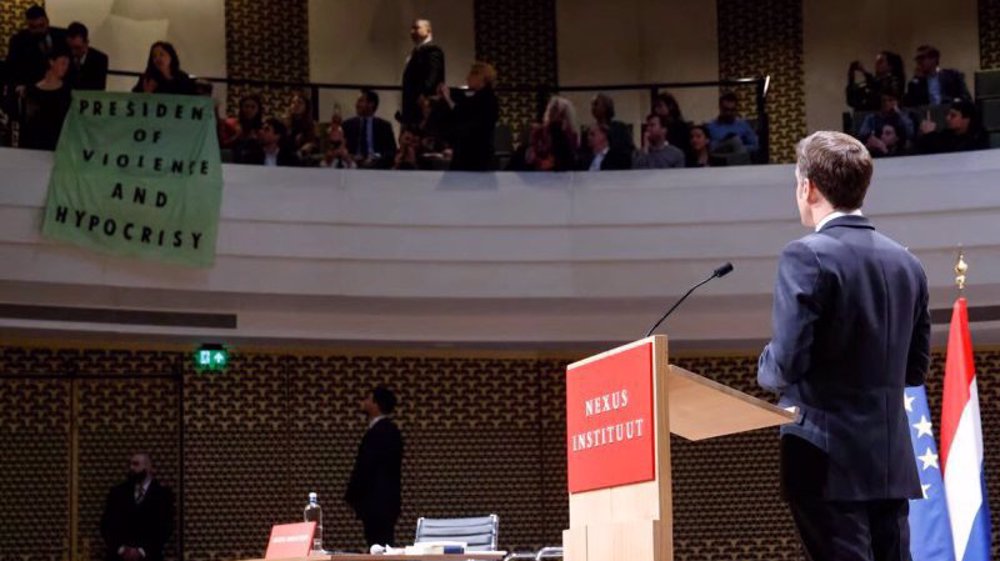


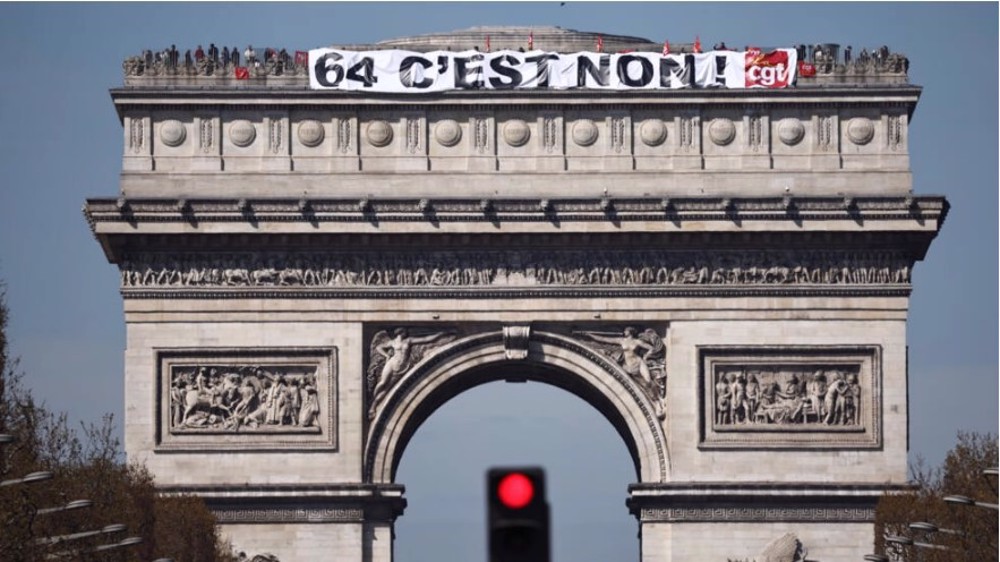


 This makes it easy to access the Press TV website
This makes it easy to access the Press TV website